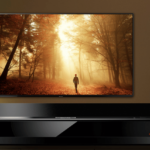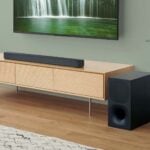G_Courtney_A_A
Auditioning
- Joined
- Feb 10, 2006
- Messages
- 11
...I know I know, SEARCH ! ! !
I did and I couldn't find anything so I'm moving on to something more interesting and leaving you with this question.
My goal is to have a killer 7.1 system with a couple 15" powered subs. I was thinking a single integrated amp would do the job of the 7 speakers. What would a pre-amp add, and under what circumstances?
I did and I couldn't find anything so I'm moving on to something more interesting and leaving you with this question.
My goal is to have a killer 7.1 system with a couple 15" powered subs. I was thinking a single integrated amp would do the job of the 7 speakers. What would a pre-amp add, and under what circumstances?





